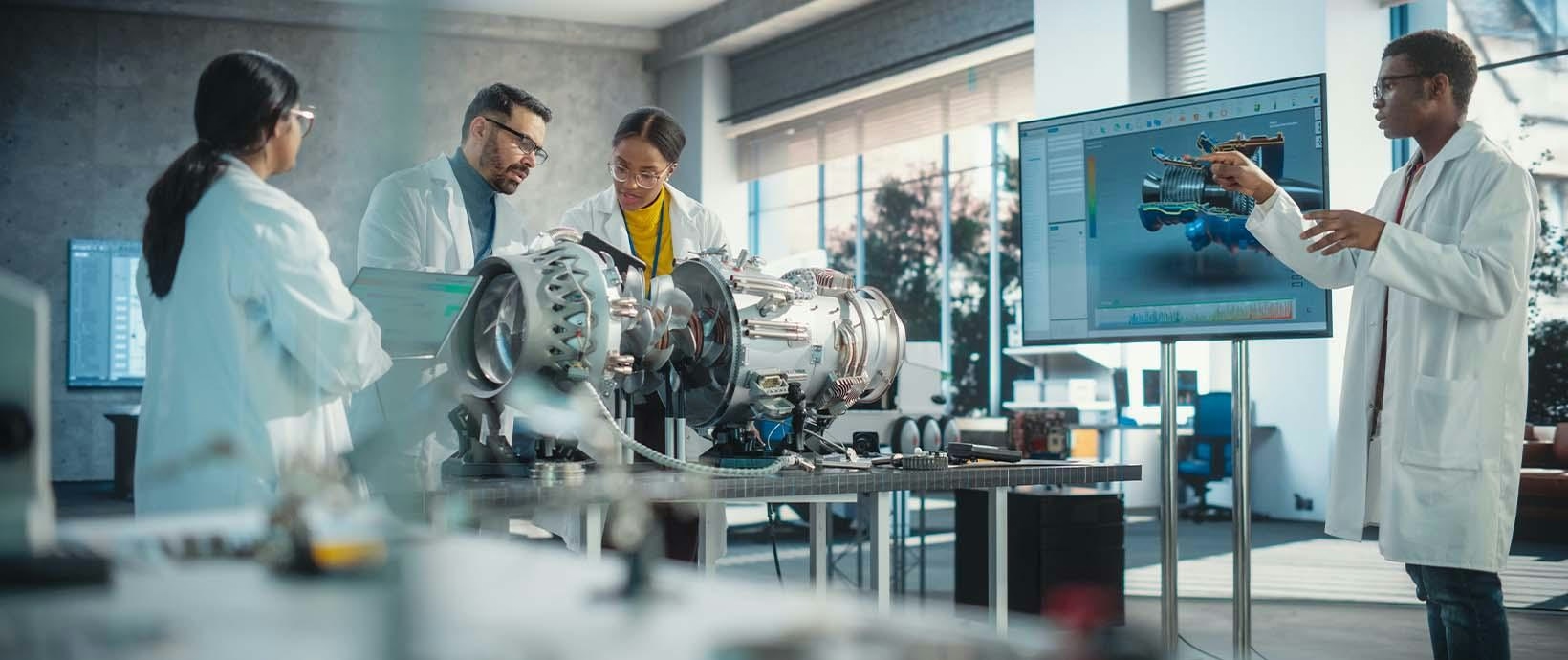AeroGenie — 您的智能副驾驶。
热门趋势
Categories
Altair and NIAR Sign MOU to Accelerate Aerospace Innovation

Altair and NIAR Sign MOU to Accelerate Aerospace Innovation
Altair, a computational intelligence firm headquartered in Troy, Michigan, and the National Institute for Aviation Research (NIAR) at Wichita State University (WSU) have formalized a memorandum of understanding (MOU) to foster innovation within the aerospace and defense sectors. This strategic partnership aims to combine Altair’s expertise in simulation and data analytics with NIAR’s established certification by analysis (CBA) methodologies to drive technological advancement and efficiency.
Collaborative Focus Areas
The agreement centers on three key domains. First, the integration of NIAR’s CBA techniques with Altair’s digital twin and simulation technologies is intended to enhance the design, testing, and optimization processes for aircraft, drones, and advanced air mobility vehicles. This synergy is expected to reduce dependence on costly physical testing, thereby accelerating development cycles and improving sustainability.
Second, the partnership will provide aerospace and defense startups affiliated with NIAR and WSU access to Altair’s platforms and specialized training. This support is designed to expedite product development, testing, certification, and production, enabling emerging companies to bring innovations to market more swiftly.
Third, the collaboration will explore expanded applications of digital twin technology and Altair’s tools beyond initial design and testing. Potential areas include maintenance operations, additive manufacturing, robotics, and defense systems, broadening the impact of these technologies across the industry.
John Tomblin, WSU’s executive vice president for research and industry and defense programs as well as NIAR’s executive director, highlighted the partnership’s value for the academic and research community. He noted that the agreement grants students, researchers, and clients access to advanced tools and expertise, which will accelerate the development of next-generation aerospace technologies.
Challenges and Industry Implications
Despite the promising outlook, the partnership faces notable challenges. Integrating sophisticated digital twin technologies into existing aerospace workflows will require overcoming significant technical and operational barriers. Ensuring compliance with rigorous regulatory standards remains a critical concern. Furthermore, the substantial initial investment needed for research and development may present financial constraints.
Market responses to the collaboration are expected to be varied. Established aerospace companies, traditionally cautious in adopting new technologies, may express skepticism regarding the reliability and effectiveness of digital twin solutions. Conversely, competitors might intensify their own efforts in digital twin development or enhance simulation capabilities to maintain competitiveness. Some may pursue similar alliances or invest in advanced simulation platforms to counterbalance the advantages anticipated from the Altair-NIAR partnership.
As the aerospace and defense industries continue to evolve, the ultimate success of this collaboration will depend on the partners’ ability to navigate these challenges and deliver measurable benefits through their joint initiatives.

Emirates Unveils Cabin Design for New Boeing 777X

Eighteen Years On, the Airbus A380 Remains Central to a $34 Billion Airline

How a boom in luxury airline seats is slowing down jet deliveries

Navitaire Outage Attributed to Planned Maintenance

DigiYatra Debuts Outside Aviation at India AI Impact Summit

Vietnam Orders Strengthen Boeing’s Commercial Outlook

Airbus Signals Uncertainty Over Future A400M Orders

JobsOhio Awards $2 Million Grant to Hartzell Propeller for Innovation Center

Collins Aerospace Tests Sidekick Autonomy Software on YFQ-42A for U.S. Air Force CCA Program

How the Airbus A350-1000 Compares to the Boeing 777
